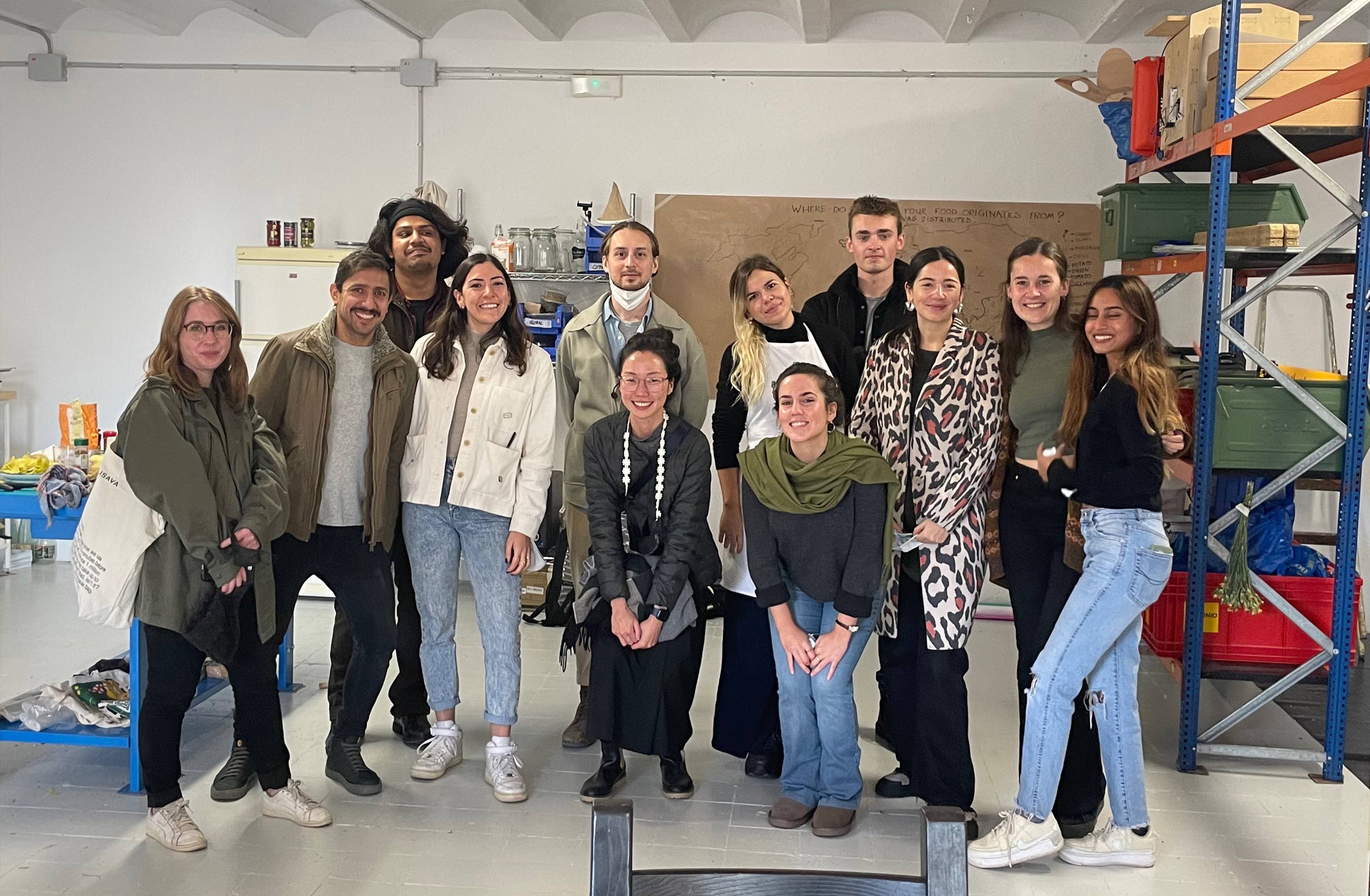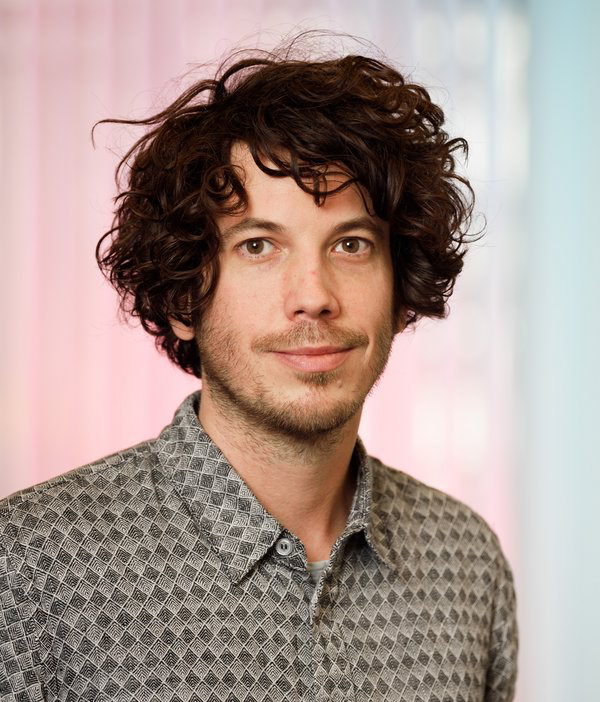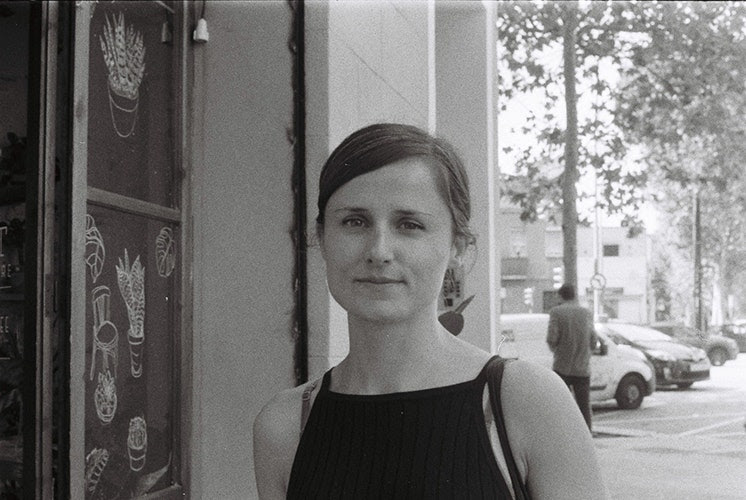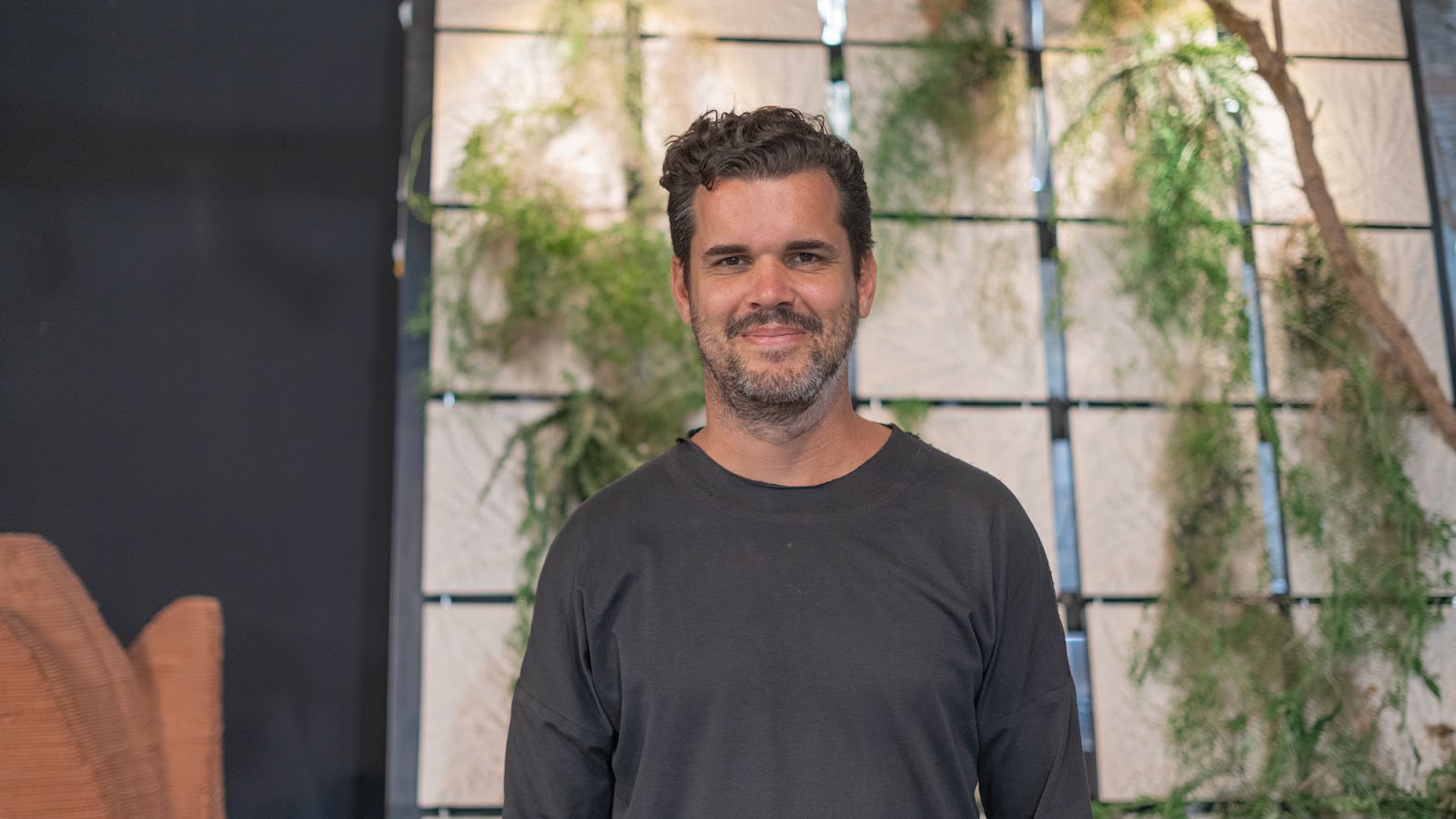Syllabus⇝
MDEF Research, Design and Development studios aim to take research areas of interest and initial project ideas into an advanced concretion point, and execution plan. The studio structure in three terms could be understood as follows:
TERM 1 Research: Understanding what it means to design for emergent futures. Analyzing the past and finding weak signals. References, state of the art. Identifying areas of interest. Experimenting from the first-person perspective.
TERM 2 Design: Forming the present through interventions in the real world. Building the foundations of your design space, forming strategic partnerships. Applying knowledge into practice through iterative prototyping. Testing ideas and prototypes in the real world.
TERM 3 Development: Refining interventions and identifying desirable futures. Establishing roadmaps for the construction of emergent narratives.. Communicating and disseminating your project through speculative design.
The first term Design Studio aims to create a solid ground for the students to start developing their projects. Weekly activities will be set to interlink results from the courses like their mappings, cartographies, experiments, 1st person design activities, prototypes, with their personal development plan. In order to propose an area of intervention at the end of the trimester. The Design Studio activities will consist of presentations, group activities, short exercises and personal coaching. The specific goals are the following:
Deliverables⇝
- To develop a critical position in the student’s design practice.
- Define possible areas of intervention, based on the Atlas of the Week Signals.
- Prototype an alpha version of the design space and iterate.
- To build personal and collective repositories of resources.
Faculty⇝
Oscar Tomico is associate professor at the Department of Industrial Design at Eindhoven University of Technology on Design Research Methodologies for Posthuman Sustainability. His research revolves around 1st Person Perspectives to Research through Design at different scales (bodies, communities and socio-technical systems). Ranging from developing embodied ideation techniques for close or on the body applications (e.g. soft wearables), contextualized design interventions to situate design practice in everyday life, exploring the impact of future local, distributed, open and circular socio-technical systems of production, or experimenting with cohabitation as a posthuman approach to multi-species design.
Multimedia developer, interaction designer & researcher, Mariana Quintero works and develops her practice at the intersection where digital fabrication technologies, digital literacy, and information and computation ethics & aesthetics meet, contributing to projects that investigate how digital information and technologies translate, represent, and mediate knowledge about the world. She is currently a faculty member and part of the strategic team at the Masters in Design for Emergent Futures at IAAC | Fab Lab Barcelona.
Tomas Diez Ladera, a Venezuelan Urbanist, Designer, and Technologist, is known for his expertise in digital fabrication and its impact on future cities and society. He is a founding partner and executive director of the Fab City Foundation, and he also serves on the Institute for Advanced Architecture of Catalonia’s board of trustees, where he holds positions as a senior researcher and tutor. He actively collaborates with the Fab Foundation to support the global Fab Lab Network and has played a significant role in launching initiatives such as the Fab Academy and Fab City.
Tomas co-founded and co-designed projects like the Smart Citizen initiative and the global Fab Lab Network platform, fablabs.io. Additionally, he co-created higher degree programs, including the Master in Design for Emergent Futures (IAAC-Elisava) and the Master in Design for Distributed Innovation (Fab City-IAAC), both of which he co-directs. As a founding partner and President-Director of the Meaningful Design Group Bali, he aims to combine advanced technologies and design with alternative perspectives and cultures in Indonesia and Southeast Asia. He has received recognition as a young innovator of the year by the Catalan ICT Association and was nominated as one of Nesta's and The Guardian's top 10 Social Innovators in Europe.
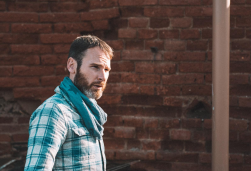
Jonathan Minchin studied Fine Arts and Design Craftsmanship and digital Fabrication. He attained BA in Architecture and a masters degree MSC in ‘International Cooperation, Sustainable Emergency Architecture’ in 2010. He is coordinator of the EU funded research project called ROMI (Robotics for Microfarms) and has spoken at the European Commission and British Parliament.
In this field he has worked on housing and development projects alongside ‘Habitat for Humanity’ in Costa Rica, ‘UNESCO’ in Cuba and with ‘Basic Initiative’ in Tunisia.
He has worked in conjunction with ‘UN-Habitat’ in Barcelona and holds a particular interest in appropriate technology, bioregional industries and agroecology. His professional career has focused on architectural and urban development projects with Architects Offices in both England and Spain and his writing on “Geographic referencing for Technology Transfer” was published in the book “Reflections on Development and Cooperation” in 2011. He took part in the Fab Academy, Bio Academy and Coordinated the Green Fab Lab and Valldaura campus between 2012 and 2017.
Jonathan has also worked on the on the DIYBio Barcelona project.
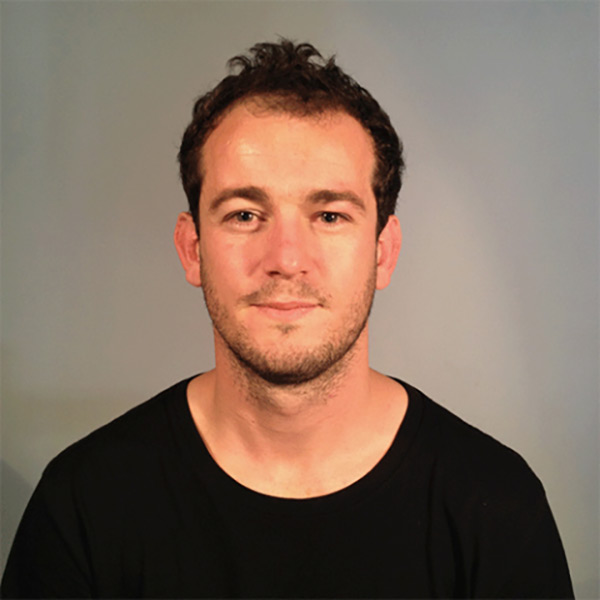
Tomas Vivanco
Assistant Professor / Director Fab Lab
Assistant Professor / Director Fab Lab Austral Universidad Católica de Chile. Architect, UVM. Master in Advanced Design, ELISAVA – Pompeu Fabra University. Master in Advanced Architecture. IAAC- Polytechnic University of Catalonia. PhD(c) Architecture, Digital Futures. Tongji University.
Tomás is an assistant professor at the UC School of Design and director of the Fab Lab Austral UC Regional Station in Puerto Williams. In undergraduate courses he teaches Associative Design and Workshop courses with topics ranging from Bio Manufacturing, Low Energy Material Systems, Speculative Design and Ecosystem Oriented Design. In the Master in Advanced Design he teaches the courses in Anatomy of Prototypes and Systems, and Speculative Design.
